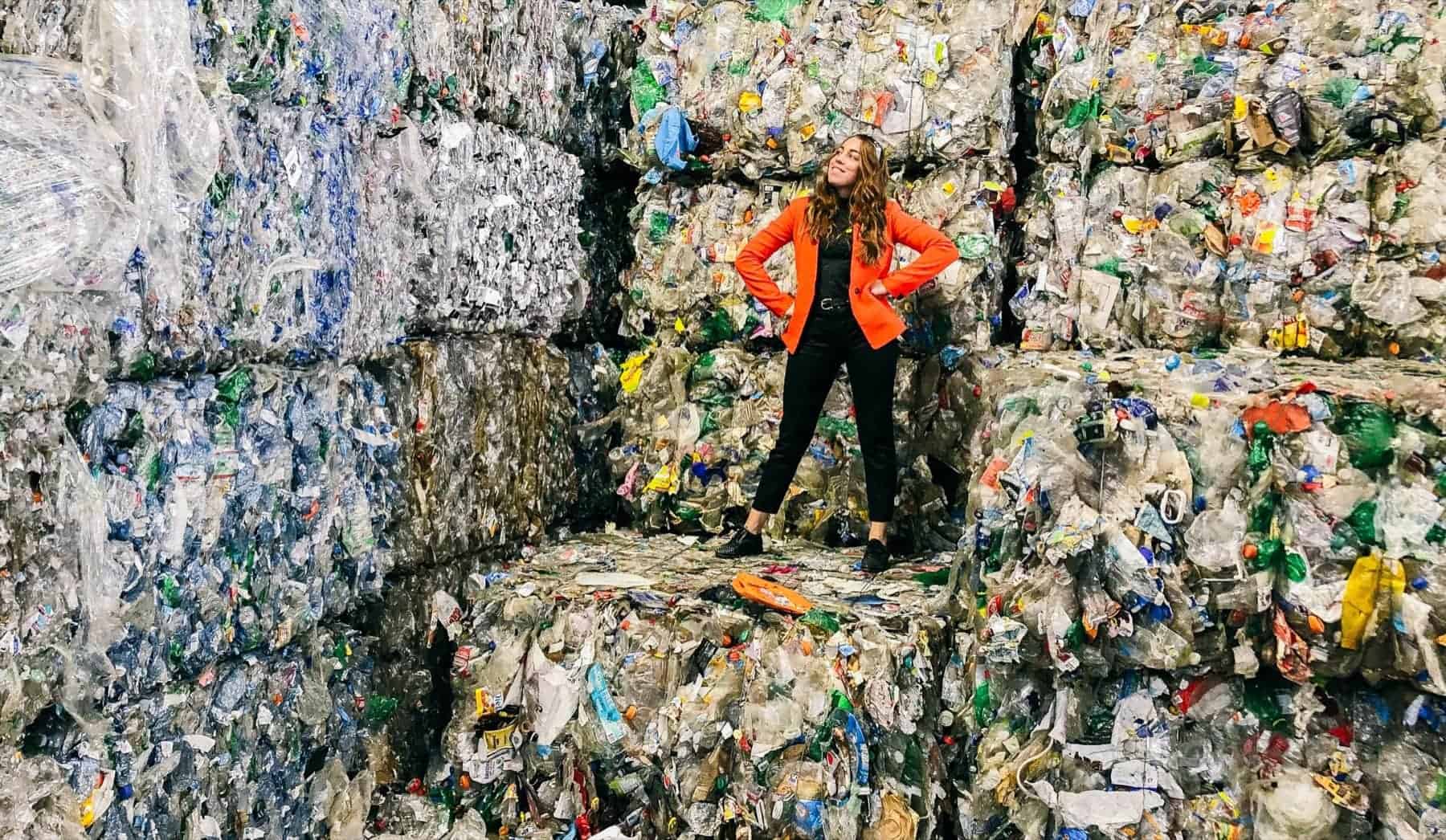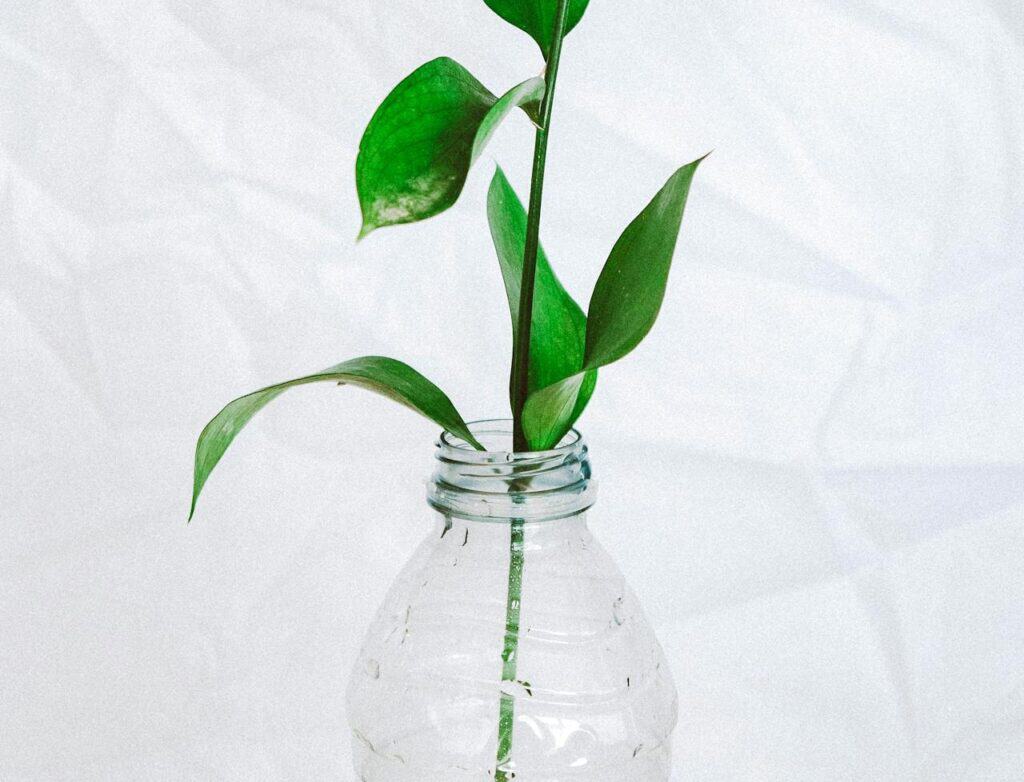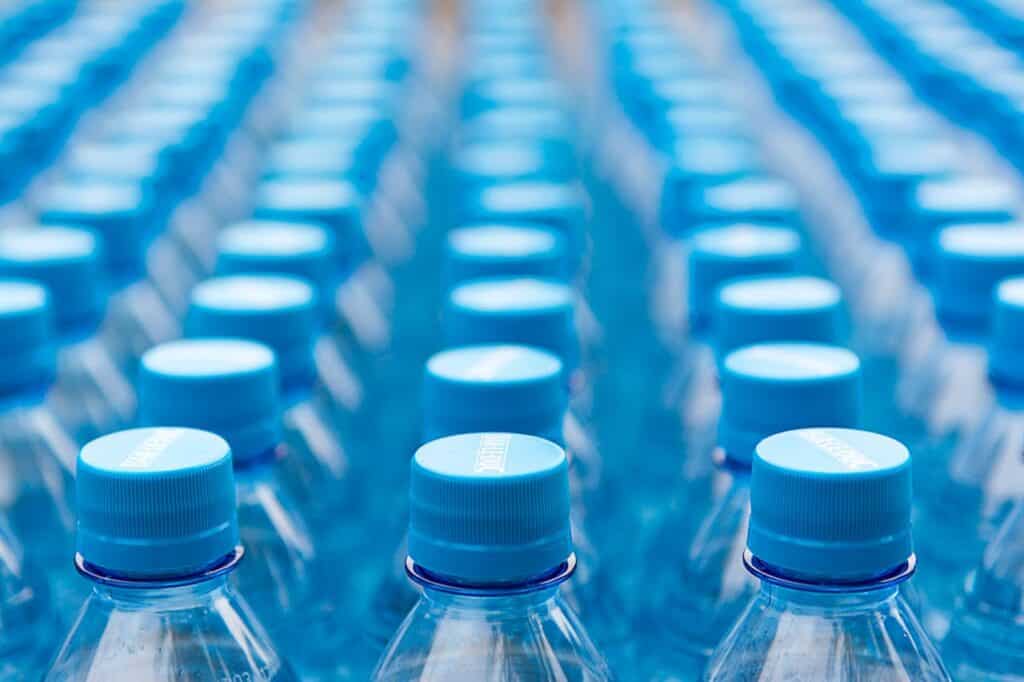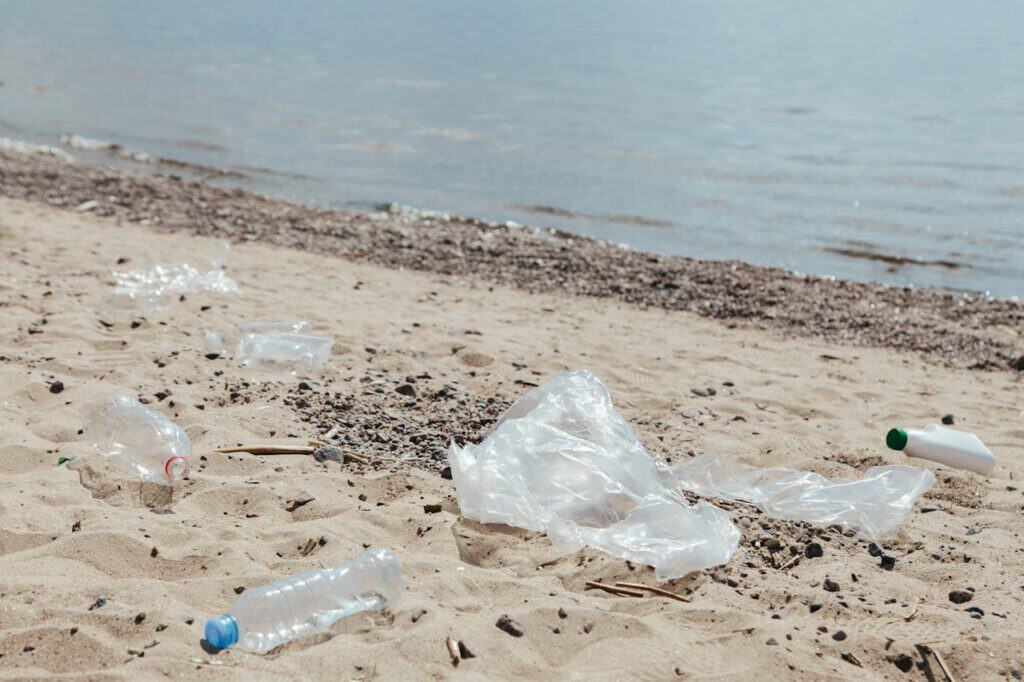Whenever there’s talk about plastic recycling and reducing waste plastic, carrier bags seem to be at the forefront of everything. We’re painfully aware of how any plastic carrier bags are used by shoppers around the UK every day. For years, these bags couldn’t be recycled. So, they ended up in landfills, which meant they took years to break down, releasing so many carbon emissions during the process.
Nowadays, many local councils and supermarkets are making it easier for you to recycle plastic bags. You can either place them in your recycling bin for kerbside collection (if your council allows this, you can check it online), or you take them to a supermarket and hand them in.
But, what happens to these bags once they’re sent for recycling? How are they processed, and how do they get recycled?
The bags get crushed into bales
Firstly, all the plastic from plastic bags gets collected together. Then, it all gets put through a special machine at a recycling centre. From here, plastic bales are created. This is done to make it easier to transport the plastic to the proper processing plants.
The plastic is sent away to be recycled
Next, these plastic bales are moved to a different location. Typically, this is a dedicated plastic recycling facility. Now, we have some of these in the UK, but there are more abroad. So, some plastic actually gets sent to other countries to be recycled. Ironically, this can cause higher carbon emissions, so the government is looking to clamp down on this by introducing recycling facilities in the country.
The plastic gets sorted
When it arrives at the correct place, the plastic goes through a process where all the bales are chopped up and sorted into fourteen plastic groups. At this point, you have lots of different plastic materials all ready to begin the next step in the process.
The plastic gets washed and moved on
This is the final step. The separated plastics from your plastic bags get washed and made back into bales. From here, they are moved on to companies that require plastic for their products. Naturally, they send different plastics to different companies, depending on what’s required. As a result, these companies are using recycled plastic to create products.
In some cases, plastic bags are made back into other plastic bags. But, they can also be used to create packaging, bottles, and much more.
That’s all there is to it! Recycling plastic is highly advantageous as it’s a material that can be used over and over again. Of course, we get through so many carrier bags every day. So, having the ability to recycle these bags will be great for the environment. As of right now, the main concern is the carbon footprint generated while transporting the plastic to the right facilities. Hopefully, the government will introduce better facilities in the UK, so this doesn’t have to happen overseas.
For now, the best approach to plastic carrier bags is to re-use them as much as possible. Keep using the same bags for as long as you can. Then, when they break, you should recycle them. Check with your local council to see if they offer kerbside collections for carrier bags, or go to your local supermarket and see if they have a recycling initiative. You could also visit your nearest recycling & waste centre as they sometimes accept them here.








